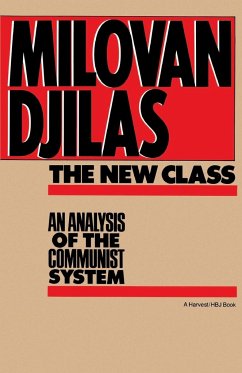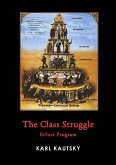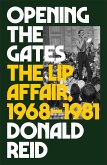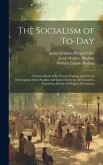"The New Class" created a sensation was published in the United States in 1957, because it was the first time that a ranking Communist had publicly analyzed his disillusionment with the system. Djilas, a former associate of Tito's who had traveled from the lowest to the highest rung of the hierarchical ladder and who was imprisoned for his views, had found himself increasingly estranged from contemporary Communism and attracted to the idea of democratic socialism. Here, however, he puts aside the story of his personal evolution to write a detached, lucid, courageous critique of the Communist system: its roots, the character of its revolutions, the rise of its powerful political bureaucracy -- "the new class" -- in what was intended to be a classless society, its one-party state, its economic policies, and its tyranny over minds. Finally, Djilas examines the essence of the conflict between the U.S.S.R. and the West that continues to this day. In the present atmosphere of intensifying confrontation, The New Class is more significant than ever.
Hinweis: Dieser Artikel kann nur an eine deutsche Lieferadresse ausgeliefert werden.
Hinweis: Dieser Artikel kann nur an eine deutsche Lieferadresse ausgeliefert werden.








